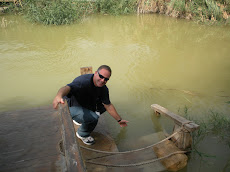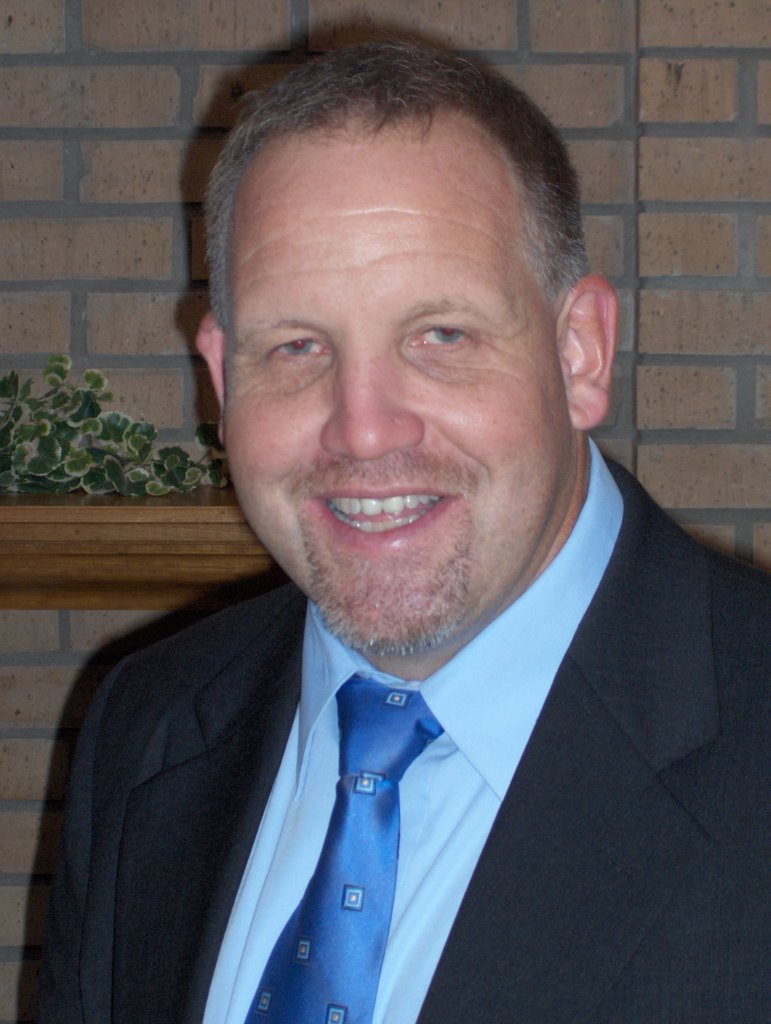
Profiles In Prayer: Dietrich Bonhoeffer
By Richard Klein
The 700 Club
CBN.com - The reign of terror unleashed by the Nazi hordes during World War II took an incalculable toll in suffering and the destruction of human life. While the excesses of Hitler's epic military quest redefined the nature of armed conflict, it was within Germany's own borders that the Nazis displayed the true depths of their ruthless depravity. And though the Jewish people bore the brunt of hideous torture and systematic death, devout Christians opposed to Hitler, often met similar fates.
Dietrich Bonhoeffer was one such man, a modern martyr whose crucible experience at the hands of the Nazis created a new understanding of the cost of discipleship.
Coming of age in the chaotic years of Germany’s post-war Weimer Republic, Dietrich Bonhoeffer seemed an unlikely candidate for ministry. He was just completing his graduate studies when Adolph Hitler began his meteoric rise to power. Bonhoeffer felt an immediate disgust for the Nazis, which unfortunately wasn’t shared by the majority of his fellow churchmen. The “Cradle of the Reformation” had become, almost overnight, the cradle of menacing fascism.
The hysteria and pageantry of Nazism quickly supplanted Germany’s former spiritual life. Bonhoeffer despaired as he watched Christians do little to hinder Hitler’s sinister agenda. Writing to friends, he said:
“We have been silent witnesses of evil deeds…intolerable conflicts have worn us down and even made us cynical. Are we still of any use?”
Before the war, Dietrich Bonhoeffer's had challenged Adolph Hitler in a radio address that questioned the very concept of a German Fuhrer. Without his knowledge, his words were censored on air, even as he spoke.
This speech alone would have marked him as an enemy of the state. But Bonhoeffer soon became involved in a network of underground seminaries formed to guard theological study against the taint of Nazi ideology. Before long, the Gestapo moved in and closed the secret schools, and Bonhoeffer escaped briefly to America, where he was warmly welcomed.
As he agonized over whether to return to his home in Germany, Dietrich Bonhoeffer also struggled with his self-declared pacifism. In a letter to his sister-in-law, he wrote:
“If I see a madman driving a car into a group of innocent bystanders, then I can’t, as a Christian, simply wait for the catastrophe and then comfort the wounded and bury the dead. I must try to wrestle the steering wheel out of the hands of the driver.”
Throughout the terrible first years of World War II, Bonhoeffer worked secretly against the Nazis. Implicated in the conspiracy to assassinate Hitler, he was actually arrested for his involvement in “Operation 7”, a mission to smuggle a group of Jews across the border into Switzerland.
It was while imprisoned that Dietrich Bonhoeffer articulated the theological models that had directed his personal Christian walk. During the next twelve months he poured forth a lifetime of work, outlining a new concept of Christian service and bringing a fresh dimension to the idea of discipleship.
On April 9, 1945, Dietrich Bonhoeffer was brought to a Nazi extermination camp. There he was condemned to die by hanging, just one month before the suicide of Hitler and the final collapse of the Third Reich.
As he prayerfully faced his death, Bonhoeffer’s last words to a fellow inmate were:
“This is the end. For me, the beginning of life.”
The legacy of Dietrich Bonhoeffer is in no way diminished by the tragedy of his needless death, so close to the war’s conclusion. A man of great intellect and spiritual depth, he was also able to be simple and direct in expressing a courage based on faith.
“I believe that God can and wants to create good out of everything, even evil…I believe that God provides us with as much strength to resist as we need. But he does not give it in advance…We trust Him alone. In such a trust, all anxiety about the future must be overcome.”
To learn more about Dietrich Bonhoeffer, visit the International Bonhoeffer Society or the U.S. Holocaust Memorial Museum web site.


No comments:
Post a Comment